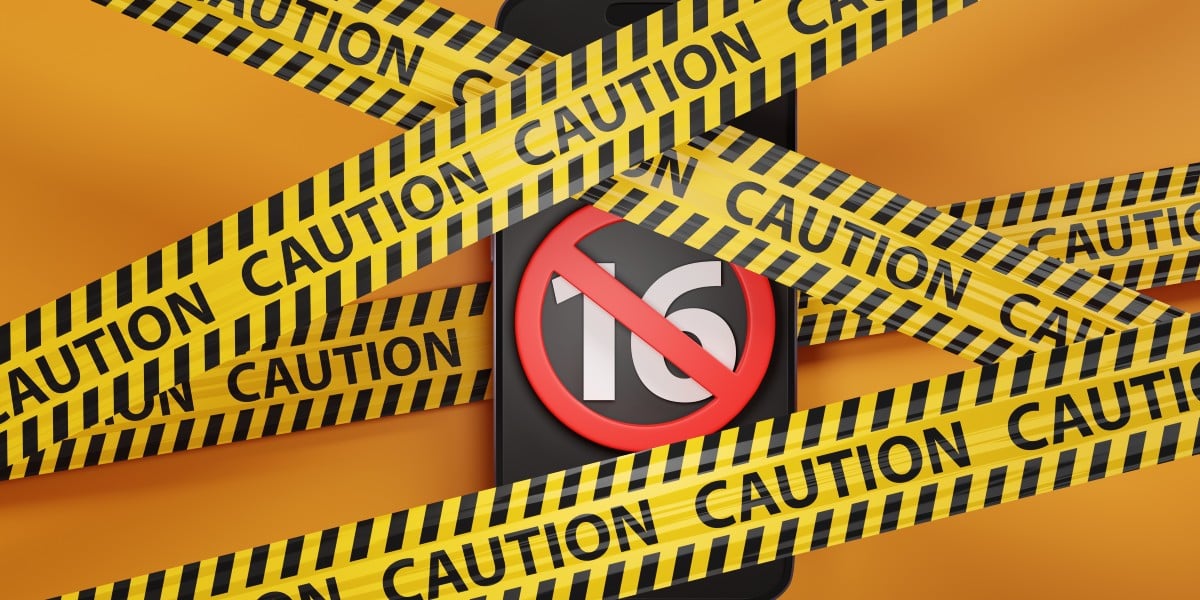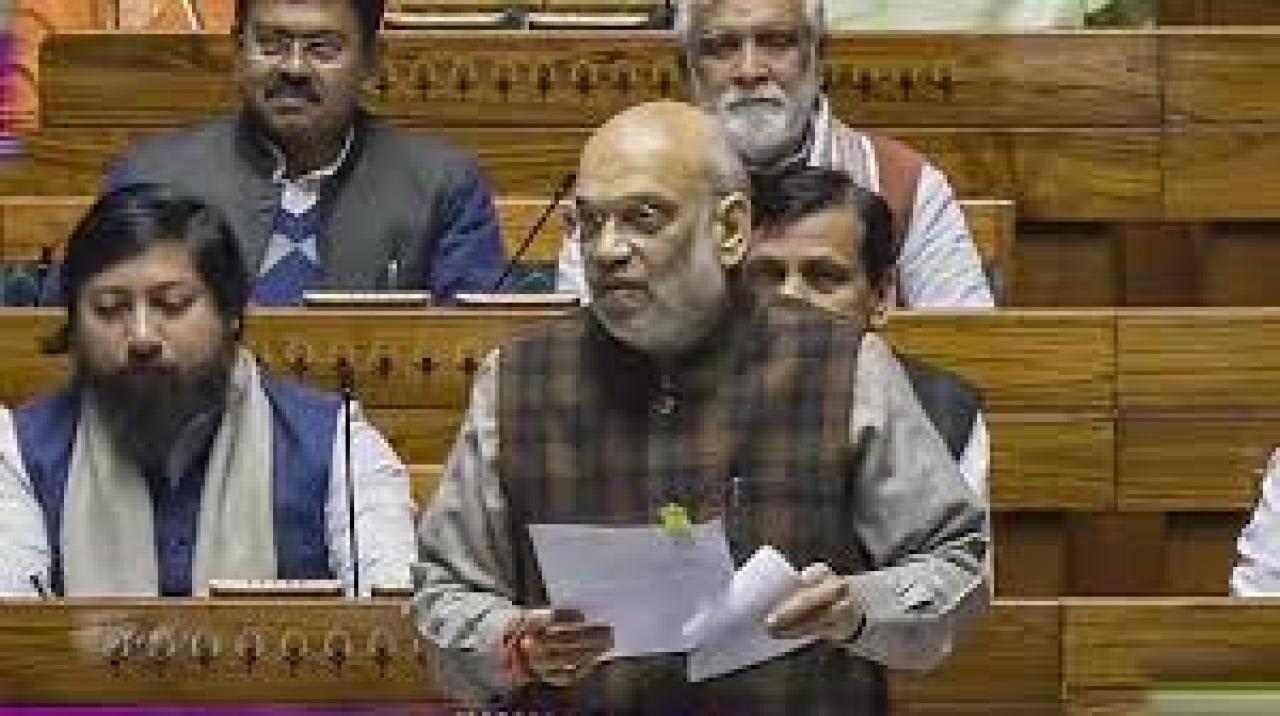
Australia's Senate on Friday passed a law that will require some social media platforms to "take reasonable steps" to ensure that people under 16 can't use their services, and another that aims to safeguard a very successful sting that caught criminals with a fake messaging app. The social media ban came in the form of the Online Safety Amendment (Social Media Minimum Age) Bill 2024 which, as its explanatory memorandum makes clear, "introduces an obligation on providers of an age-restricted social media platform to take reasonable steps to prevent age-restricted users from having an account with the platform." The definition of an "age-restricted" platform covers services that allow users to post material, to interact with two or more people, and to interact with some or all other end-users.
Australia's government expects that TikTok, Facebook, Snapchat, Reddit, Instagram and X will meet that definition and therefore have an obligation to verify users' ages. How they do it is up to them. The government will soon run an age verification trial that it thinks will be instructional, and has promised that citizens will be able to use social media without having to show ID – but the details of how the obligation will be implemented are not known.

The law has many critics who feel it won't work, deprives kids of tools that define modern life, or may drive Australia's young into harder-to-observe-and-police corners of the internet where they might encounter threats that big social media operations already block. Others lament that the bill was rushed through with little debate. Australia's government counters with arguments that many studies have shown social media is harmful to children, and that protections put in place by platforms have not kept pace with the harms they cause.
Public sentiment seems to be on the government's side, and Australia's main center-right opposition party largely supported the bill. Social media platforms have until late 2025 to implement their "reasonable steps." Some have already expressed concerns about the bill – arguably reinforcing the government's arguments about the necessity of the law.
But in a fillip for the government, the law passed two days after TikTok announced it is trialling tech to detect users who are under 13, and restricting the use of some appearance effects for under 18s. So perhaps complying with Australia's law won't be so hard. Another law passed this week is interesting as it relates to AN0M – the backdoored chat app that Australia's Federal Police promoted to criminals as a secure means of communication.
In reality, law enforcement could read all messages sent using AN0M. The app was a great success, as the evidence it yielded – which was gathered under warrant – led to many busts and charges in an action called Operation Ironside. But some of those charged have defended themselves with arguments that the app amounted to interception of communications – which was not what the warrants allowed.
The Surveillance Legislation (Confirmation of Application) Bill 2024 aims to make that argument impossible – in part by pointing out that AN0M messages were sent to police before they were transmitted to users, and that no interception of messages therefore took place. The explanatory memorandum for the law describes it as "sufficiently precise as it exclusively targets the warrants used during Operation Ironside, and it is proportionate as it only impacts the privacy of those already under investigation and only to the extent already determined by the existing statutory framework." Which means only those trying to use the illegal interception argument to defend themselves should be impacted by the law.
®.













